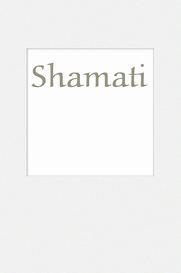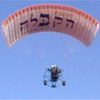Making Choices Is Unhealthy
Making choices drains a person’s psyche. The freedom to choose is a fundamental value in modern society, where people find themselves having to make choices all the time. However, American physiologists concluded that the need to make constant choices drains the resources of the human psyche, damaging people’s ability to solve basic problems and overcome the difficulties of daily life. The results of the research, on how choice affects the human psyche, were published in the April issue of the Journal of Personality and Social Psychology.
From the perspective of Kabbalah, when we ascend a level higher, we discover the control panel operating us, and that which seemed as the freedom to choose is actually the realization of the Light’s influence on the Reshimo – the gene of desires. This gene’s activation generates a person’s movement, physically, mentally, and in every which way.
When those studying Kabbalah receive desires from their environment, their group, to “ascend above themselves,” above their egoism, and demand the Light during the study of Kabbalah, then this Light elevates them, evoking a desire to bestow within them. We then “rise above ourselves,” above our desires to receive, and gain the “freedom” to act against our original nature. However, at the same time, we are obliged and compelled to act according to our new nature. This freedom to choose lies between the two natures, in choosing which nature to act in accordance with. Freedom lies in the choice that presents itself in Klipat Noga: “Who will rule over me?” and in response to this, choosing the Creator, similarity to Him. We receive the forces to make this choice to the extent that our environment provides us with the sense of the Creator’s greatness.


 From the book’s blurb:
From the book’s blurb:






